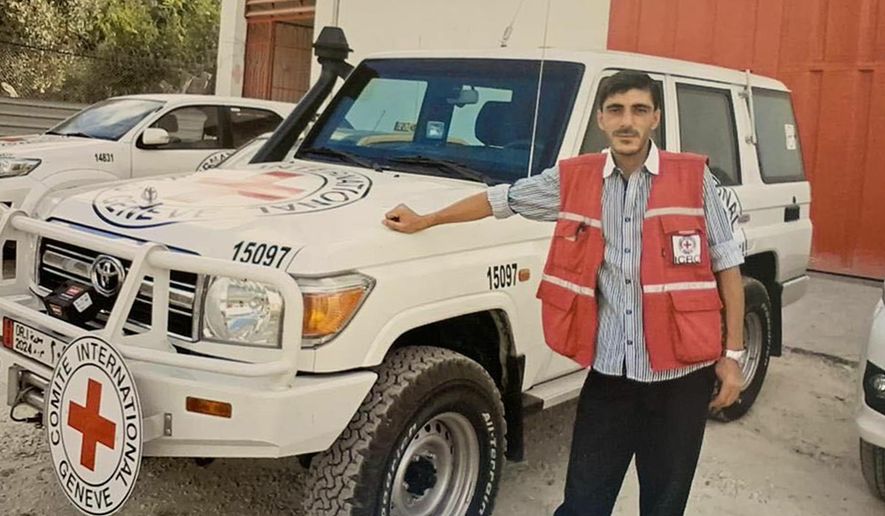WELLINGTON, New Zealand (AP) - New Zealand’s government did not approve an aid agency’s decision to release the name of a New Zealand nurse held captive by the Islamic State group in Syria, the country’s foreign minister said Tuesday.
Foreign Minister Winston Peters said an International Committee of the Red Cross official’s claim to have acted with New Zealand’s agreement was “balderdash.” He said New Zealand opposed any steps that might endanger 62-year-old midwife and nurse Louisa Akavi or impede her location and release.
“That’s a very polite way of describing how one person has, in my view, dropped the ball so to speak,” Peters said.
The ICRC said it believed it had New Zealand’s support for its decision to allow the New York Times on Sunday to publish the name and nationality Akavi, who was taken prisoner in northwest Syria in 2013.
Ever since her capture, successive New Zealand governments and the ICRC maintained an agreement with international media to keep secret the nurse’s name and nationality.
New Zealand feared naming Akavi would make her a high profile captive, more likely to be executed by her captors for propaganda. More recently ISIS has vowed to avenge a March 15 attack that left 50 dead at two mosques in New Zealand and Akavi’s nationality could make her a target for retribution.
ICRC director of operations Dominik Stillhart said he believed the agency had acted with New Zealand’s agreement.
“We would not have made that decision without the support of the New Zealand Government,” he said.
The aid group reasoned that with the collapse of the Islamic State group, naming Akavi would raise the chance of receiving news of her whereabouts and those of the two Syrian drivers kidnapped with her.
The agency said it had received information that Akavi may have been seen alive as recently as December.
New Zealand Prime Minister Jacinda Ardern on Monday indicated her disappointment with the ICRC’s decision to release the nurse’s name and also said the government had not given its blessing to reveal that information.
Peters said he didn’t want to get engaged in a dispute with the ICRC and have the search for Akavi detoured by it.
He said New Zealand had shared information with the ICRC throughout Akavi’s captivity and there had been times when rescue teams had come close to the location at which she was being held.
“The fact of the matter is we went there looking for someone in the most extremely difficult, changing circumstances and we’ve never given up hope and we’re not giving up hope now,” he said.




Please read our comment policy before commenting.